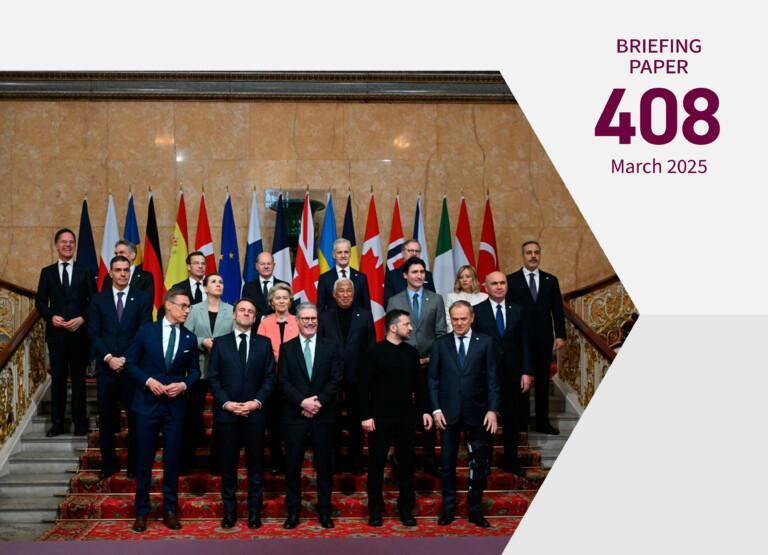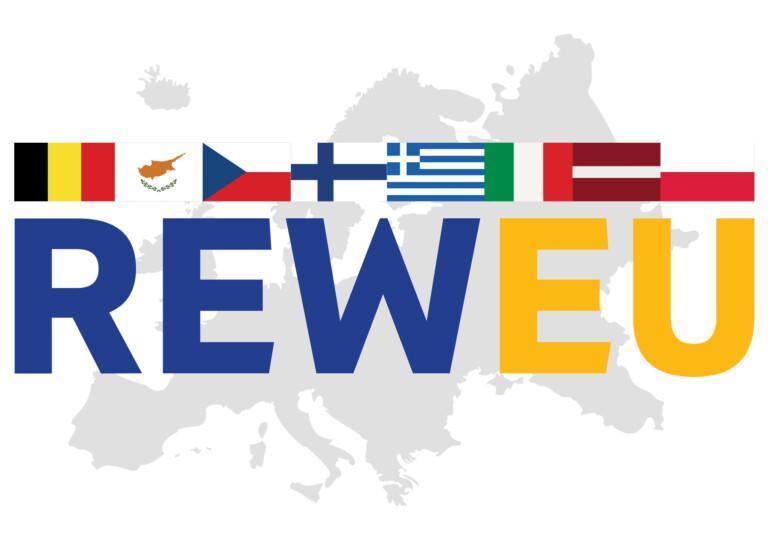
The European Parliament achieved full legislative powers when the Lisbon Treaty came into force, as most of those policy fields that had formerly been beyond the reach of the EP were duly added to these powers.
In the implementation of the Lisbon Treaty, the EP’s strengthened position is characterized as a vigorous promotion of arrangements favourable to its own position in the EU decision-making process.
Important changes have taken place in the roles and functions of major parliamentary committees along with the extension of the EP’s powers; the changes are most substantial in the Committee on Agriculture and Rural Development (AGRI) and in the Committee on International Trade (INTA).
Concerns about the spread of undemocratic legislative practices and weaknesses in administrative capacities have been raised since the EP has been accommodated to its new powers.










